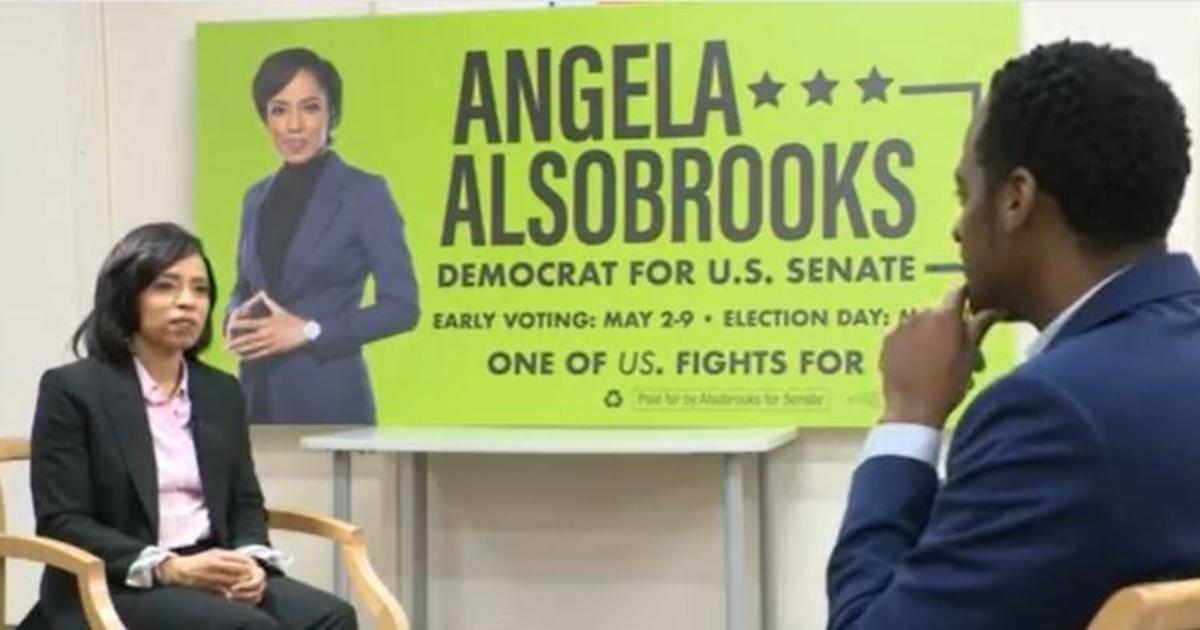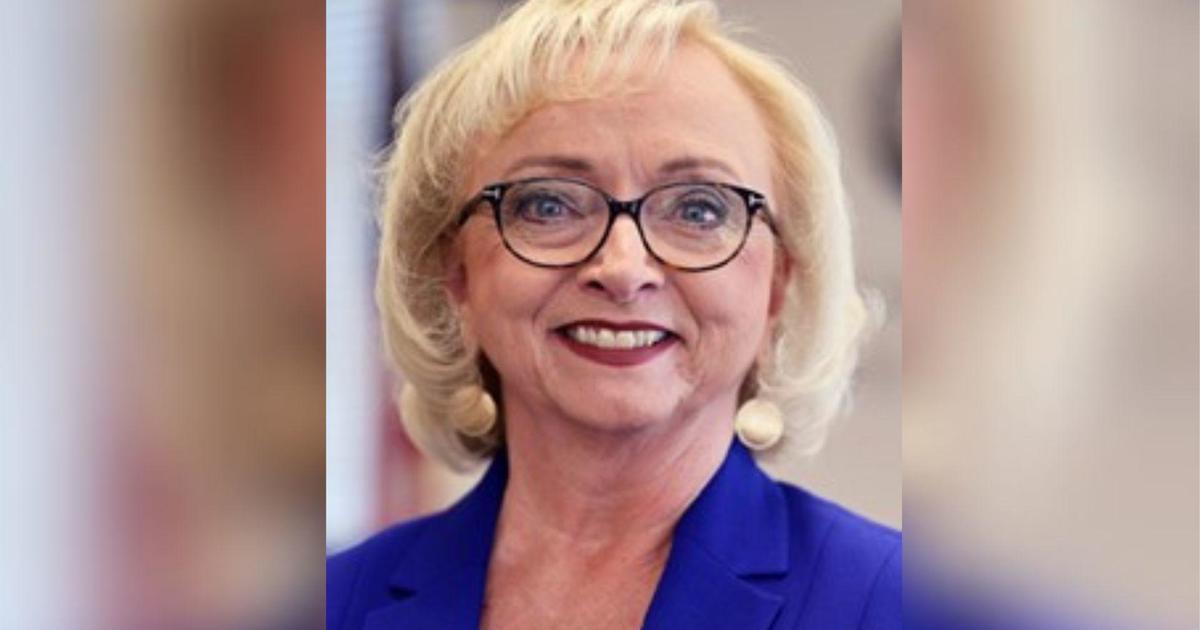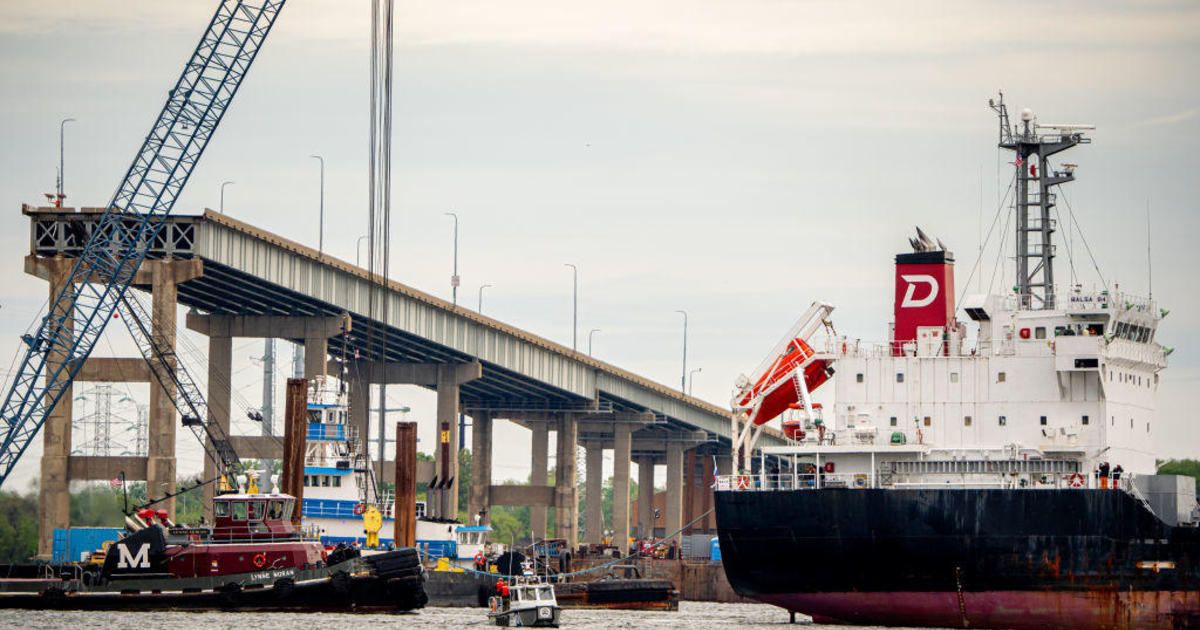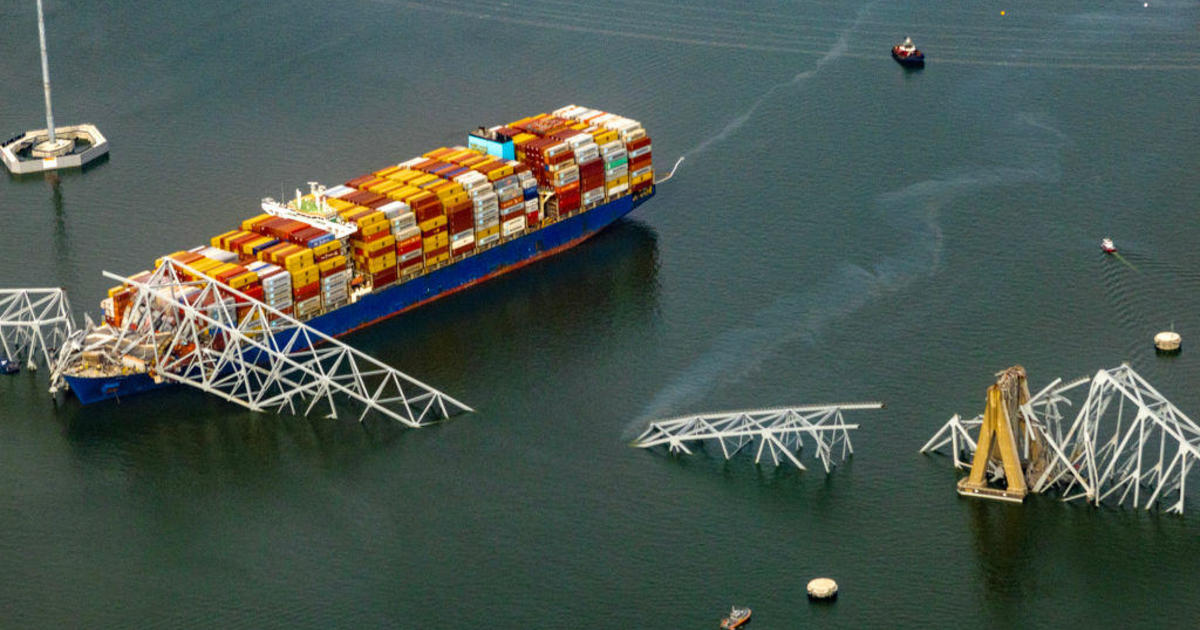Environmentalists Find Shortcomings In Session
ANNAPOLIS, Md. (AP) -- Maryland environmental advocates say they are pleased the General Assembly approved $23.5 million for a fund to fight pollution in the Chesapeake Bay during a hard budget year, but still noted plenty of disappointments in this year's legislative session.
The failure to require a two-year study on natural gas drilling in western Maryland's Marcellus Shale, as well as shelving plans to develop wind energy and reduce septic tank pollution, were environmental letdowns, said Kim Coble, executive director of the Chesapeake Bay Foundation.
"I think in terms of the budget, the environment did well," Coble said. "In terms of policy bills, it did not."
The chief concern about Marcellus Shale drilling is with the hydraulic fracturing process, which blasts large amounts of water to allow natural gas to escape from the shale. Researchers are studying whether water discharges in neighboring Pennsylvania could be dangerous to humans or wildlife.
"Maryland, unlike any other state, has the chance to get this completely right before drilling occurs," Coble said.
But lawmakers from western Maryland say a two-year study would have been excessive. Delegate Wendell Beitzel, R-Garrett, opposed the bill in the House of Delegates, saying the region could benefit considerably from new revenue that drilling could bring. Sen. George Edwards, R-Garrett, said the issue has been around for two years — plenty of time for state regulators to gather information to create safe drilling rules. He also said the state could benefit from studying actual drilling at some initial Maryland wells.
"We'd just like to see us move forward," Edwards said in an interview Wednesday. "We're not going to get inundated with permits like Pennsylvania and West Virginia."
Despite the measure's failure, it does not appear drilling will occur anytime soon in Maryland.
On Tuesday, Maryland Department of the Environment Acting Secretary Robert Summers testified before a U.S. Senate panel that Maryland does not intend to allow drilling until issues are resolved to the department's satisfaction. No timeline has been set.
Gov. Martin O'Malley told reporters Monday that the state needs to develop the most technologically responsible standard for drilling.
"There is a tremendous resource in natural gas beneath the Marcellus Shale, but we're simply not going to allow the sort of irresponsible drilling, damaging drilling, environmentally reckless drilling that went on in Pennsylvania," O'Malley, a Democrat, said.
On other issues, environmental advocates cheered a bill that eliminates phosphorous in standard lawn fertilizer and reduce nitrogen, which adds pollution to the bay.
But high-profile measures backed by the governor to develop offshore wind energy and restrict septic systems at new major subdivisions were referred to study in the interim. O'Malley surprised many lawmakers when he first announced his support for legislation on septic system restrictions during his State of the State speech. The idea angered Republicans and worried Democrats in rural areas concerned about how the bill would affect development.
"Sometimes, large issues like these will typically take more than one session to pass, and we remain committed to these ideas," O'Malley told reporters on Monday, when the session ended at midnight.
Brad Heavner, state director of Environment Maryland, noted the money in the bay fund was positive. On the whole, however, he didn't see this year's session as a good one for the environment.
"Legislators didn't have a big appetite for dealing with the environment this year," Heavner said.
Coble and Heavner also expressed disappointment in waste-to-energy legislation lawmakers approved to make incentives for facilities that create energy by burning trash. The bill moves energy generated by burning trash into a top-tier category for renewable energy. That, Coble said, will enable to state to meet renewable energy goals by using much less solar or wind.
"It takes away incentives from truly good renewable energy," Heavner said.
O'Malley, however, supports the bill.
"We have to get to a point in our country where we move away from landfills, which are very damaging in terms of greenhouse gas emissions over their life and get to a point where we are moving toward more of a zero-waste way of behavior. And part of that zero waste will, by necessity, involve converting our waste to energy, albeit with a very robust recycling component on the front end," O'Malley told reporters Monday.
Lawmakers also shot down a bill that would have encouraged people to reuse shopping bags by charging 5 cents for every plastic or paper bag. A similar program in the District of Columbia has reduced plastic bag use by about 50 percent, supporters say.
(Copyright 2011 by The Associated Press. All Rights Reserved.)



